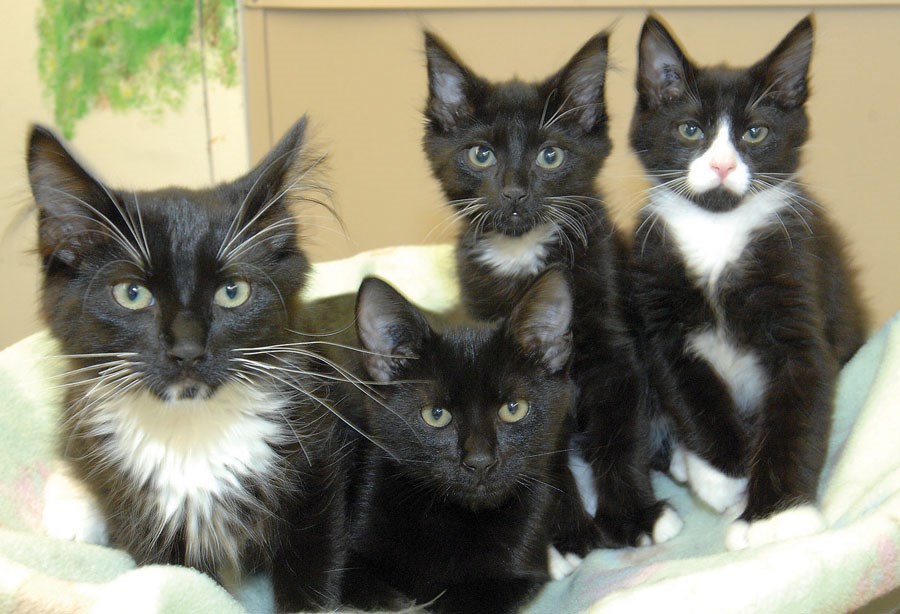One simple act on cold winter mornings can help save animals from injury or worse: Think and thump.
Often, cats and wildlife will gravitate to warm engines during cold weather, and by banging the hood to alert them, drivers can help avoid a tragic ending for an animal seeking refuge from the cold.
“It just takes two seconds – as the weather gets colder, animals look for warmth wherever they can find it,” said BC SPCA manager of animal welfare Kim Monteith. “It’s a great idea to make ‘think and thump’ a habit every morning when it’s cold outside.”
Even though companion animals might come with their own fur coats, cold weather conditions can pose a serious risk to pets, Monteith said.
“Extra caution should be taken to ensure that your pets stay warm, safe and healthy this winter.”
The BC SPCA is vehemently opposed to keeping dogs permanently outdoors, but it acknowledges that some pet guardians still house their dogs in this manner.
In these cases, the dog must have shelter that protects him from cold, wind and dampness that is appropriate to his weight and coat.
To accomplish this, the shelter should be elevated, insulated, ventilated and regularly cleaned.
Also regular checks to ensure drinking water has not frozen over are also a must.
Here are some other cold weather safety tips:
• Make sure you thoroughly clean the pads of your pet’s paws after they’ve walked on sidewalks or roads to remove any coarse salt that can cause irritation. For your own sidewalk, choose a pet-friendly, non-corrosive de-icing compound readily available through retail outlets;
• When winterizing your camping gear, ensure your pets are not hiding inside, as some equipment can exert intense pressure when being expanded or dismantled;
• Use pet-safe propylene-based antifreeze instead of ethylene glycol antifreeze, which is toxic to pets and wildlife. A mere tablespoon of ethylene glycol antifreeze can kill a cat or small dog;
• Companion pets are not the only animals at risk in cold weather. People with farm animals must also make sure these animals have adequate cover from the elements and that all water containers are kept ice-free.
“When the temperature drops outside, we need to take extra care with our pets,” says BC SPCA general manager of community relations Lorie Chortyk. “Ideally, we should keep our pets indoors with us where they are warm and safe and where we can enjoy their companionship throughout the winter.”



